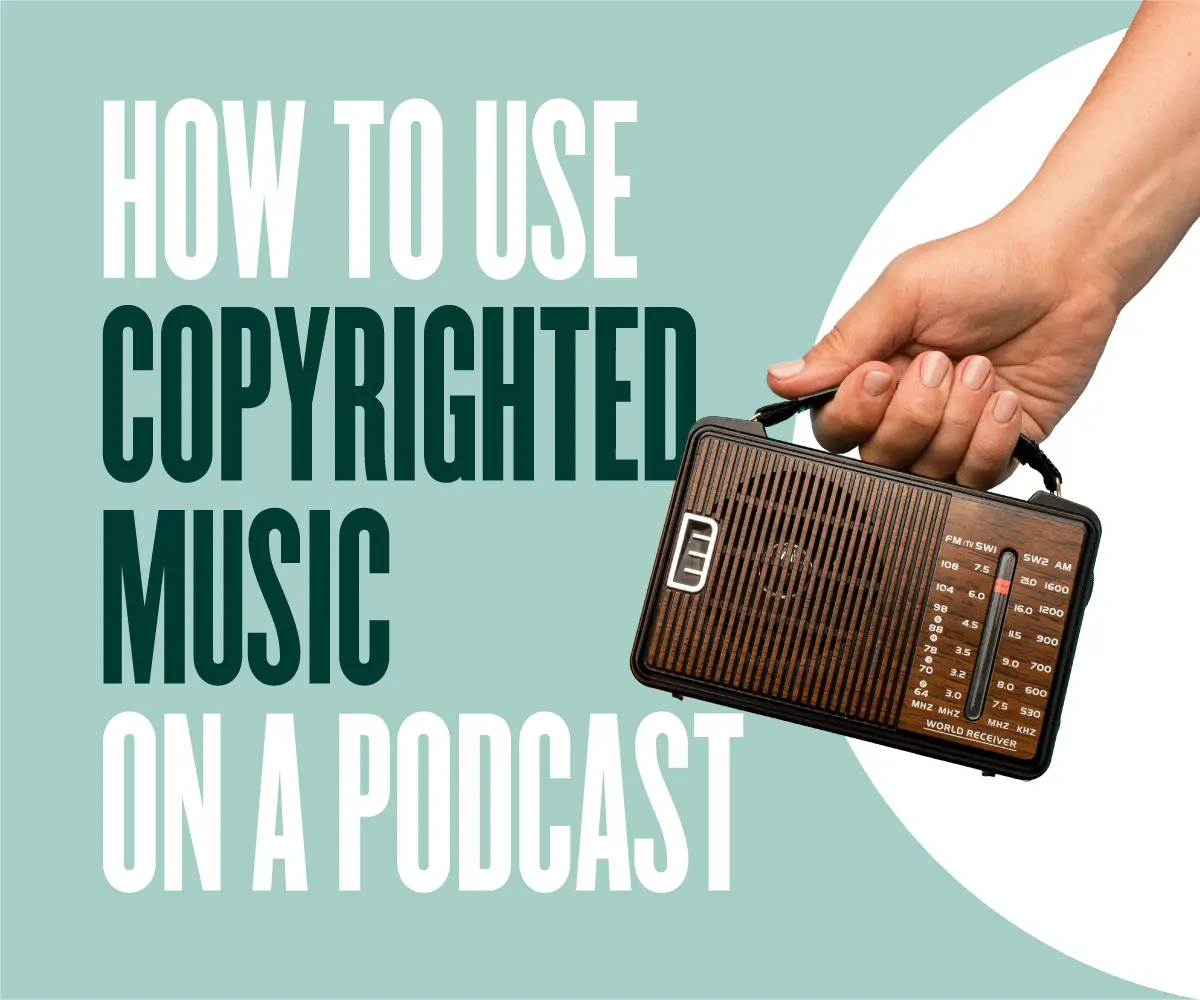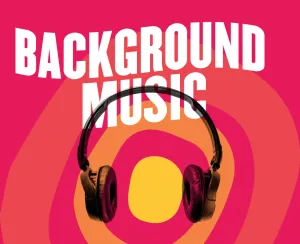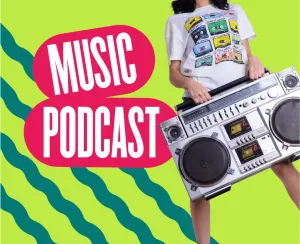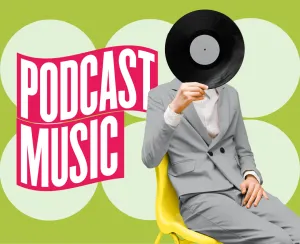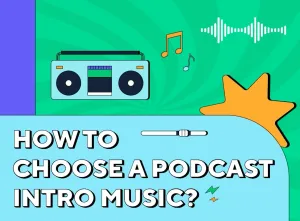When you’re creating something of your own, you want to personalize it and make it your own as much as possible. No matter how paradoxical it may sound, personalizing can also include referencing relatable concepts, mimicking the style or the format of your favorite podcaster, or using your favorite copyrighted music for your podcast. However, in the adult world of rules and regulations, your creative freedom is quite limited when it comes to choosing music for your podcast. The Beatles and Celine Dione are unfortunately off-limits for most podcasters. Or fortunately; depends on who you ask.
If you started reading this hoping for a magic workaround, we don’t have it. And no one does. Acquiring a license is the only way you can use someone else’s copyrighted music for your podcast. Your unlicensed use of music won’t go unnoticed unless you keep your podcast to yourself or maybe broadcast it on a couple of family reunions. We highly doubt that those are your goals when starting a podcast, so let’s see what the best way to go about using copyrighted music for your podcast.
Copyright do’s and dont’s
Now, copyright violation is an area you want to avoid at all costs. The volume of copyright laws in the music industry is very large, far beyond what you need to know. Most regulations also vary depending on the artist and the record label. There is no reason to get into such details so early in the process. That’s why we’ll cover the few common myths about copyright laws in podcasts that might get you in trouble.
Common myths on copyright laws
One of the most ‘dangerous’ myths is the 30 second rule. According to the rule it’s okay to use copyrighted music, sounds or other audio materials as long as you include them for 30 seconds or less. There is no such rule. Using certain parts of copyrighted music isn’t going to fix the situation. Nor is there a 10 second rule. If you’re willing to risk it hoping that your deed will go unpunished, good luck. We don’t mean to sound so ominous, but really, it’s better to be safe than sorry.
If you’re not making money, it doesn’t mean that the copyright holders are going to miss that opportunity. Plus, even if not for commercial purposes, you still break the law. So being a non-profit doesn’t give you any kind of waivers.
Even though it’s quite logical to think that giving proper attribution to the copyright owner is enough, especially if you have a large following. However, you should discuss such promotions with the artist and the studio, in advance, this isn’t the place for assumptions. Giving credit to the creator is just common courtesy, and definitely not a carte blanche saving you from the consequences of copyright infringement. Feel free to express your appreciation for their work only after you secure the rights to use their music.
Fair Use law
Vague definitions don’t always play out in your favor. Fair Use is a great example of a law seemingly giving you more freedom while also posing almost definite risks.
It allows you to use copyrighted works for a variety of purposes, including criticism, comment, news reporting, teaching, yet, all in the context of the four factors in the Copyright Act. The only way to figure out if something is Fair Use is to have it resolved in federal court. Just so you understand the extent to which this law isn’t to be played with, here are the four factors that judges consider:
- the purpose and character of your use
- the nature of the copyrighted work
- the amount and substantiality of the portion taken, and
- the effect of the use upon the potential market.
As you can see Fair Use involves a lot of subjective judgment; there is no objectively right or wrong way to apply these guidelines. And even if it ends up satisfying the requirements for Fair Use, you still can’t actually play clips of material or music without permission.
There isn’t always just the artist standing behind their music, but with hundreds of corporate rules and regulations. That’s why good negotiation skills and a friendly approach aren’t enough in most cases. You might think that good music for podcasts can’t be free, but royalty-free music and audio tracks should never be overlooked, nor undermined. Other than music archives, podcast recording platforms also offer in-app sounds and tunes. Podcastle, an audio content creation platform, is one good example, and one of the best podcasting tools out there.
Using Music in a Podcast FAQs
Here are some of the most frequently asked questions about podcast music rights:
Can you play music on a podcast?
Playing music on a podcast requires permission from the copyright holder. If the song has been made free-to-use under a specific license, then you can use it. If it's a popular song that you happen to like and want to play, then you run the risk of copyright infringement by including it in your podcast.
How to use copyrighted music in a podcast?
If you want to play music on a podcast legally then you must get a license from the copyright holder. This can be prohibitively expensive as popular songs can cost thousands if not millions of dollars to license. An alternative is to use royalty-free music that is issued under a blanket licence and available from content creation platforms or stock libraries.
How much of a song can you use in a podcast?
There is no specific time limit that allows you to play music on a podcast, any usage of a song requires permission, licensing and necessary payment.
